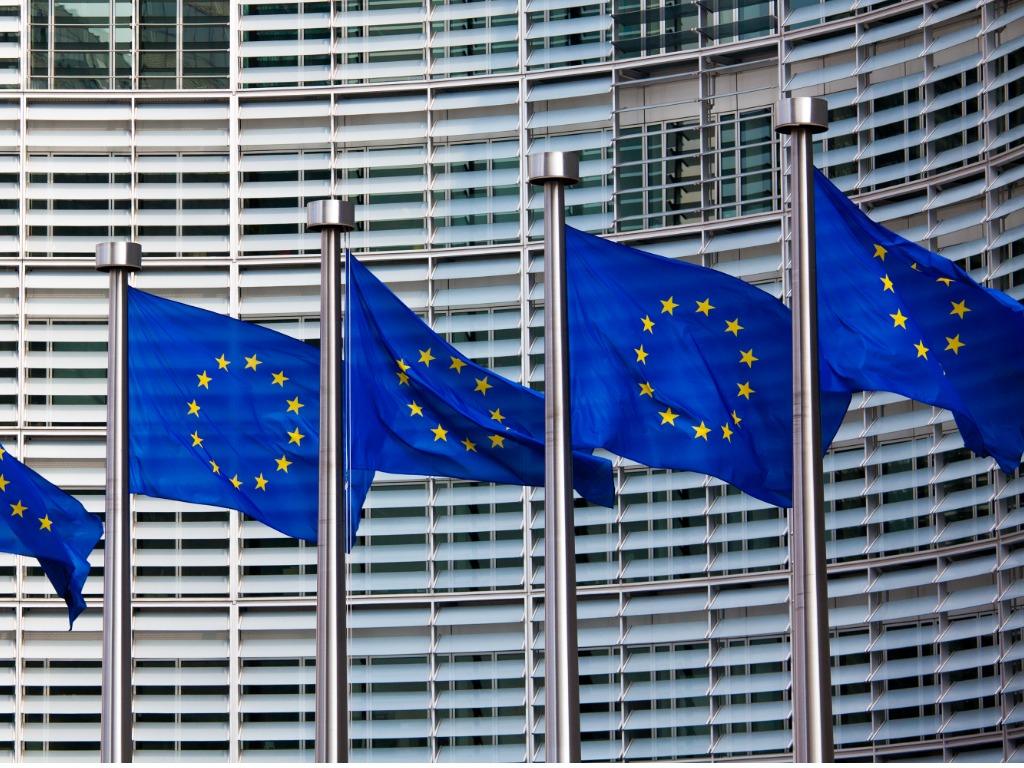EU Commission Adopts Sustainability Reporting Standard for Small Companies
The European Commission announced today the adoption of the voluntary standard for SMEs (VSME), a new sustainability reporting standard aimed at enabling micro-, small- and medium-sized companies to report on ESG issues in a simplified and consistent way and to respond to requests for sustainability information from financial institutions and large companies.
While the VSME was initially developed to provide a voluntary reporting standard for smaller businesses not covered by the EU’s Corporate Sustainability Reporting Directive (CSRD), the new standard may be relevant to a much broader set of companies, due to the Commission’s Omnibus initiative to dramatically reduce the number of companies within the scope of the CSRD.
The new standard was released last year by the European Financial Reporting Advisory Group (EFRAG), which was mandated by the Commission to prepare the European Sustainability Reporting Standards underlying the CSRD, as well as voluntary sustainability reporting standards for non-listed SMEs, who do not fall under the scope of the CSRD, but who nevertheless increasingly face growing demands for sustainability-related information from large companies and banks seeking value chain ESG and climate data.
The key objectives of the new standard, according to EFRAG include enabling SMEs to satisfy data requests from large companies, and provide information to banks and investors in order to help improve access to finance, as well as to help SMEs to better manage their own sustainability issues, and to “contribute to a more sustainable, inclusive economy.”
The VSME contains two modules, with the “Basic,” or entry-level module comprised of 11 disclosures focused on key sustainability indicators that are most required by value chain partners, such as Scope 1 and 2 emissions and anti-corruption information, and the “Comprehensive” module consisting of 9 additional disclosures often requested by banks, investors and value chain partners, such as GHG reduction targets and transition plans, and short descriptions of ESG practices or future initiatives.
The VSME was developed for use by companies with less than 250 employees, which is the threshold used by the CSRD for inclusion in the mandatory sustainability reporting regulation. In February 2025, however, the Commission released its Omnibus I package in late February 2025, aimed at significantly reducing the sustainability reporting and regulatory burden on companies.
Among the key changes proposed by the Commission in the Omnibus initiative was to include only companies with more than 1,000 employees in the scope of the CSRD, removing an estimated 80% of companies from the regulation’s sustainability reporting requirements. Some lawmakers have proposed raising the threshold even higher, removing all but the largest companies from the CSRD.
The Commission has also mandated EFRAG to develop new, more simplified ESRS. EFRAG recently revealed that its proposed ESRS update may reduce sustainability reporting datapoints by nearly two-thirds.
For companies no longer in the scope of the CSRD, the Omnibus included plans to introduce voluntary sustainability reporting requirements, based on the VSME. Under the proposal, the VSME standards will also be used as a “value-chain cap” establishing a limit for the detail of sustainability information that banks or larger companies can request from smaller companies in their value chains.
In a Q&A released alongside the recommendation adopting the VSME, the Commission refrained from saying if the future voluntary standard for companies not covered by the CSRD post-Omnibus would differ from the VSME, saying only that it “cannot at this stage exclude the possibility that certain changes may be necessary,” depending on the final agreement on the scope of the CSRD and on the final revision to the ESRS.





